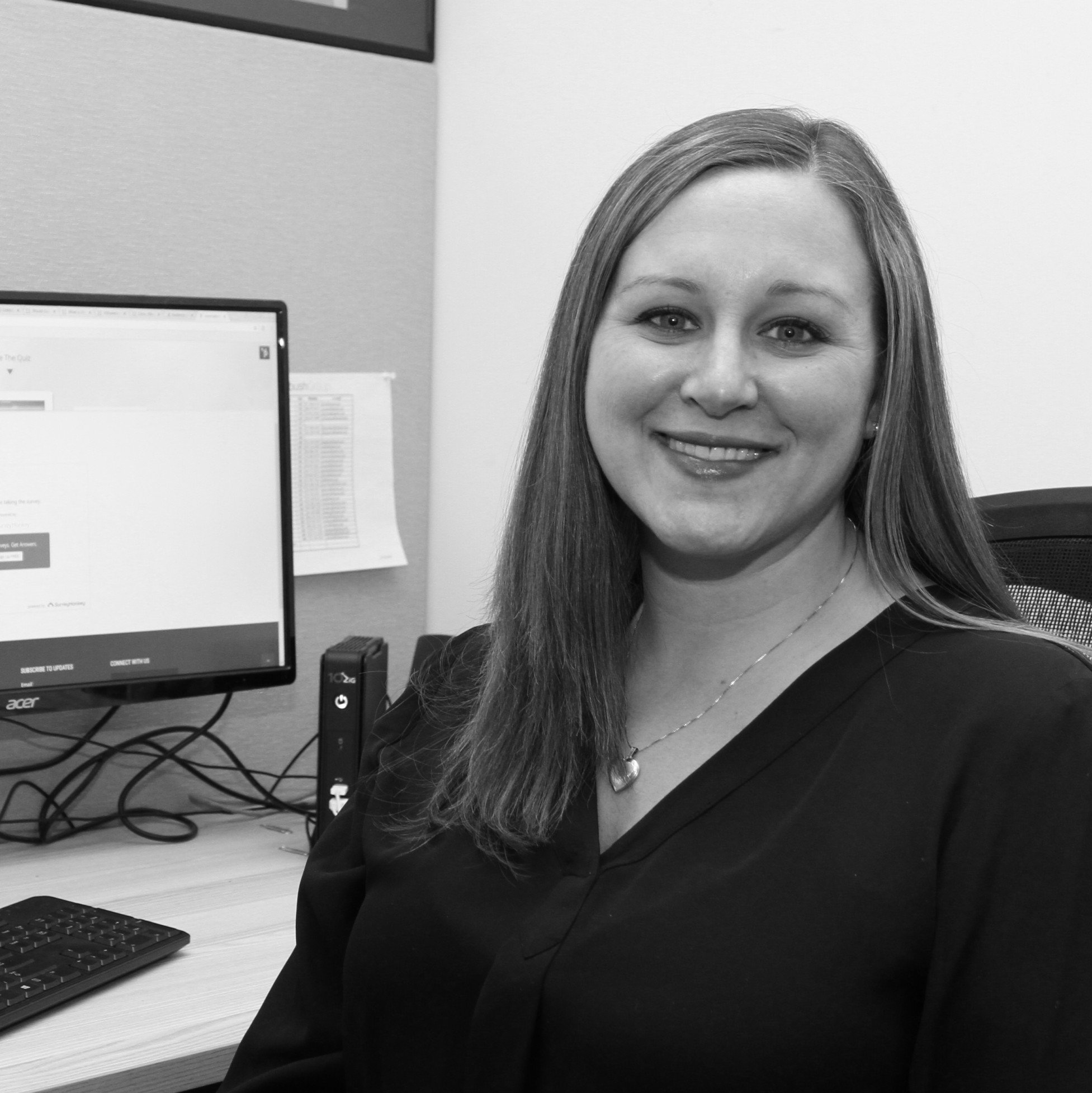The traditional law firm office with desktop computers and bulky on-premise servers is no longer optimal for a hybrid or remote work environment. To thrive today, law firms need IT systems enabling attorneys and staff to perform all their tasks efficiently, productively, and securely whether they are in the office or working from home, court, a client’s office, or even on the go. Remote desktop solutions, which allow users to access their desktop computer from any location, were developed to help support a flexible workplace. However, for the reasons enumerated below, Desktop as a Service (DaaS) is a far superior option for law firms.
What Is DaaS?
DaaS is a cloud-based solution in which a firm’s desktops, servers, applications, and files reside on a private cloud provider’s secure private cloud. The cloud provider streams virtual desktops and applications over the internet to users, who can securely access their familiar Windows desktop and all their data and files, including shared files, from any device and location.
The rapidly expanding DaaS market is expected to multiply by a CAGR of 18.5% from 2023-2030, according to Cognitive Market Research. With DaaS, a company typically pays a monthly per-user subscription fee, which covers all back-end management services, including multi-faceted cybersecurity features, software updates and upgrades, data storage, backup and recovery, technical support, system monitoring and maintenance, and more.
Cloud Desktop and Resources
With DaaS solutions, each user has a fully dedicated desktop with its own set of fixed storage, memory, and processing power. By contrast, with remote desktop solutions, users work in a shared server environment, with shared storage, memory, and processing power. Shared resources means that users are competing for the same resources, which can impact overall performance. Shared resources also translates to shared problems: when one user has an issue, it becomes the other users’ issue, as well, negatively impacting productivity.
Application Integration and Performance
With DaaS, all Windows-compatible applications look and work the same way they did on your prior, familiar desktop and server environment, so there’s no learning curve. From day one, attorneys and staff can seamlessly and efficiently access all their applications and files and perform all their tasks whether they are in the office, at home, or on the go. With remote desktop solutions, not all applications run, operate, and integrate seamlessly. Some applications must be adapted in order to work – or they may not function at all.
Cybersecurity
Cybersecurity is a major concern for law firms, who have an ethical and legal responsibility to protect client data. According to a 2023 American Bar Association survey, 29% of law firms have experienced a security breach, up from 27% the prior year. Hybrid or remote workplaces add incremental security concerns that must be addressed through appropriate technology choices.
When law firms partner with a reputable DaaS provider, users access all applications and data from inside the cloud provider’s secure environment – whether a user is within your office’s four walls or thousands of miles away. With remote desktop solutions, applications and data can be accessed either locally or inside the remote desktop solution. This means connections may not be secure and, unlike DaaS, they may not comply with the stringent standards of the legal industry or our clients’ industries.
A DaaS provider’s entire business model depends on keeping its clients’ systems secure, and a good provider will provide multi-faceted cybersecurity features with an emphasis on defensive measures. These include firewalls, malware protection, security patches, 24x7x365 security monitoring, rapid incident response, security audits, strong password policies with multi-factor authentication (MFA), security education for your teams, and more.
Backup and Business Continuity
Your clients rely on you to be there when they need you, and the loss of vital data, even temporarily, can compromise not only your productivity but your reputation. Backup and business continuity services are inherent benefits of DaaS. All your applications and data operate in the DaaS environment and are fully protected by the provider’s enterprise-level encryption, firewalls, and malware protection. You never have to worry about non-functioning backups, and there is no need for a separate business continuity platform to keep your business running in case of a natural disaster or some other emergency. With remote desktop solutions, however, you may need separate backup and recovery solutions for some or all of your applications and data.
Scalability
As your firm expands or contracts over time, DaaS technologies can easily be scaled up or down. Users can be simply added or removed, without impacting anyone else. However, when adding a user to remote desktop solutions, you need to consider the resources available in the shared environment and determine whether costly capacity needs to be added to accommodate the additional users.
Device Flexibility
You can securely connect to DaaS using any internet-connected device, including Windows or Mac desktops, laptops, tablets, and iOS or Android smartphones. Because of this flexibility, DaaS is suitable for a Bring Your Own Device (BYOD) policy. By contrast, with remote desktop solutions, devices may be vulnerable to security threats if they are not individually secured.
Tabush Group is a leading provider of secure cloud-based IT solutions and managed IT services. To learn more about Boxtop, our Desktop as a Service (DaaS) solution designed specifically for small to midsize law firms, contact us.









